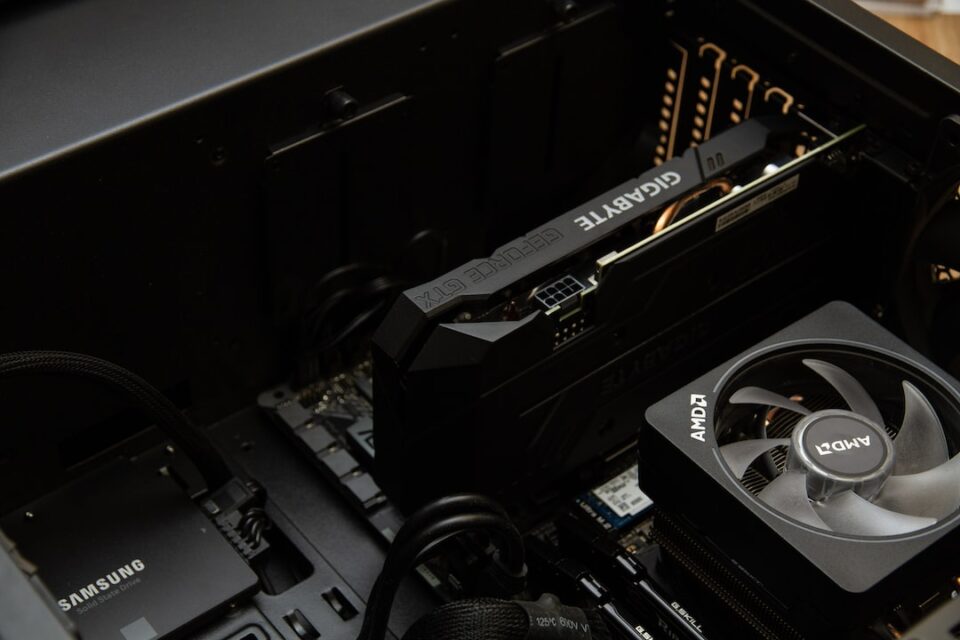Automation in the Manufacturing Industry: Enhancing Efficiency and Productivity
The manufacturing industry has experienced significant advancements over the years. One of the most influential developments is the integration of automation into the production processes. Automation has revolutionized the manufacturing industry by enhancing efficiency, increasing productivity, and driving overall growth.
In the past, manufacturing processes required a substantial amount of manual labor, leading to slower production rates and increased chances of errors. However, with the introduction of automation, repetitive tasks are now performed by machines, eliminating human errors and streamlining the manufacturing process.
One of the most significant benefits of automation in the manufacturing industry is increased efficiency. Automated systems are capable of working non-stop, reducing the production time significantly. These systems can run 24/7, ensuring continuous production without the need for breaks or rest. Unlike human workers, automated machines do not require breaks, vacations, or sleep. This results in higher production rates and fewer delays, ultimately leading to increased efficiency.
Automation also ensures consistency and accuracy in the production process. Machines adhere to a set of programmed instructions, eliminating the inconsistencies that may arise from human error. This leads to a higher quality of products being produced, decreasing the chances of defects and reducing the need for recalls or reworks.
The integration of automation in the manufacturing industry also leads to increased productivity. Automated machines can perform repetitive tasks at a much faster pace than humans, allowing manufacturers to produce more goods in less time. This increased productivity has a direct impact on sales and revenue, making it a crucial factor for businesses to remain competitive in the market.
Automation also enables manufacturers to handle complex tasks with ease. Advanced robotics and artificial intelligence technologies have made it possible for machines to perform complex operations that were previously only feasible through human intervention. For example, robots can now handle delicate components with precision, reducing the risk of damage and optimizing production processes.
Furthermore, automation allows for better resource management. Automated systems can calculate the optimal amount of raw materials required for production, reducing waste and minimizing costs. This not only saves money but also promotes sustainability by minimizing the environmental impact of manufacturing processes.
While automation greatly enhances efficiency and productivity, it also poses some challenges for the manufacturing industry. The initial investment required for setting up automated systems can be substantial. However, this investment is usually offset by the long-term benefits and cost savings achieved through automation.
Another challenge is the impact on the workforce. Automation may lead to job displacement as machines replace human workers in various tasks. However, this does not necessarily result in a net loss of jobs. Instead, it shifts the nature of work, creating new employment opportunities in fields related to automation, such as programming, maintenance, and system optimization.
In conclusion, automation has proven to be a game-changer in the manufacturing industry. By enhancing efficiency, increasing productivity, and driving overall growth, automation has revolutionized the way products are manufactured. While there are challenges associated with automation, the benefits far outweigh them. As technology continues to advance, automation will play an even more significant role in shaping the future of the manufacturing industry.

